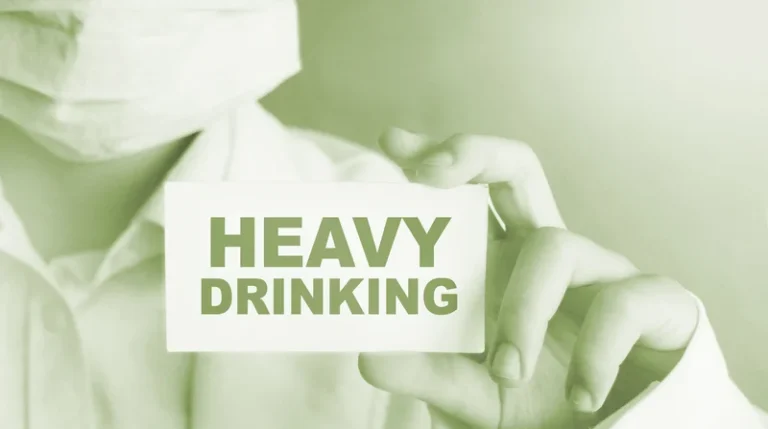
Some people with Hodgkin’s lymphoma experience pain after drinking alcohol. Hodgkin’s lymphoma is a type of cancer that can affect your lymphatic system. It’s possible to develop an alcohol allergy at any point in your life. Sudden onset of symptoms may also be caused by a newly developed intolerance. In rare cases, pain after drinking alcohol might be a sign that you have Hodgkin’s lymphoma.
Grape Allergies

In very rare cases, reactions to alcohol may be a sign of Hodgkin’s lymphoma. It should not be used in place of the advice of your physician or other qualified healthcare provider. Factors like exercise and overall health, which affect body mass and metabolism, can also play a role. If someone believes they have an alcohol allergy or intolerance, they should stop drinking alcoholic drinks and visit their healthcare provider for testing and advice. Alternatively, people may experience sensitivity to certain components of alcoholic drinks.
- “The wheezing and nasal/sinus symptoms in particular are due to the release of sulphur dioxide gas causing airway irritation,” Dr Watts explains.
- If you drink a beverage that causes a mild reaction, over-the-counter antihistamines might help relieve symptoms.
- The only way to treat alcohol intolerance is to avoid alcohol or, at the very least, limit alcohol consumption.
- In fact, your body might have an inability to process other constituents of alcohol, such as histamine, yeast, grains, sulfites, or preservatives.
- Alcohol allergy happens when the immune system mistakenly identifies alcohol as a threat and launches an attack that can affect the entire body.
- This deficiency affects 8% of the world’s population, but is much more common in people of East Asian descent (at 35-40% of the Asian population).
Environmental-dependent tolerance

Having a mild intolerance to alcohol or something else in alcoholic beverages might not require a trip to a doctor. Simply avoid alcohol, limit how much you drink or avoid certain types of alcoholic beverages. Alcohol intolerance can cause immediate, uncomfortable reactions after you drink alcohol. The most common signs and symptoms are stuffy nose and what causes alcohol intolerance skin flushing. Understanding the relationship between alcohol intolerance and health conditions is essential for managing symptoms and preventing future reactions. In severe cases, complete avoidance of alcohol may be necessary to avoid uncomfortable or hazardous outcomes.

Signs You Are Developing Alcohol Intolerance
If you regularly played darts or pool at the pub prior to lockdown, a loss of learned tolerance could mean that you don’t play as well as you used to when you have a game after a few drinks. Over a decade later, research is still being conducted into alcohol intolerance. A 2010 German questionnaire surveyed 4,000 people and found that self-reported wine intolerance specifically was present in 5.2% of men and 8.9% of women.
- In fact, alcohol intolerance can develop at any stage of life, and it’s something that can happen to anyone.
- Continuing to drink alcohol while knowing you are intolerant (or allergic) can also have severe health consequences.
- However, understanding and adjusting lifestyle factors can also play a significant role in managing the condition.
People with celiac disease, non-celiac gluten sensitivity, or a wheat allergy may need to steer clear of conventional beer. In some cases, they might use an oral challenge test to diagnose an allergy or intolerance. In this procedure, they will ask you to consume a sample of your suspected trigger. Normally your body produces an enzyme called diamine oxidase (DAO) to break histamine down. If your body doesn’t produce enough active DAO, you may react to histamine in foods and beverages.

Elsewhere on BBC Food
- Then you can start again, perhaps trying just one of your go-to drinks at a time.
- Even if your parents don’t have the condition, they can pass it to you.
- Sudden onset of symptoms may also be caused by a newly developed intolerance.
- What we understand as a ‘hangover’ is made up of a particular set of symptoms – usually a thumping headache, nausea, intense thirst, tiredness and brain fog.
- The most common cause of alcohol intolerance is an aldehyde dehydrogenase (ALDH2) deficiency.
It’s also important to remember that drinking as much as you used to after a period of drinking less (or not at all) could lead to greater intoxication, blackout and accidents. So if you plan to head back to the pub with friends now that lockdown is over, be mindful of how your drinking has changed so you can stay safe and enjoy that first tipple. Once your liver function is affected, this will soon start to affect the rate at which it can metabolise other medicines, affecting your overall health and nutrition levels.







コメント
コメントはありません。